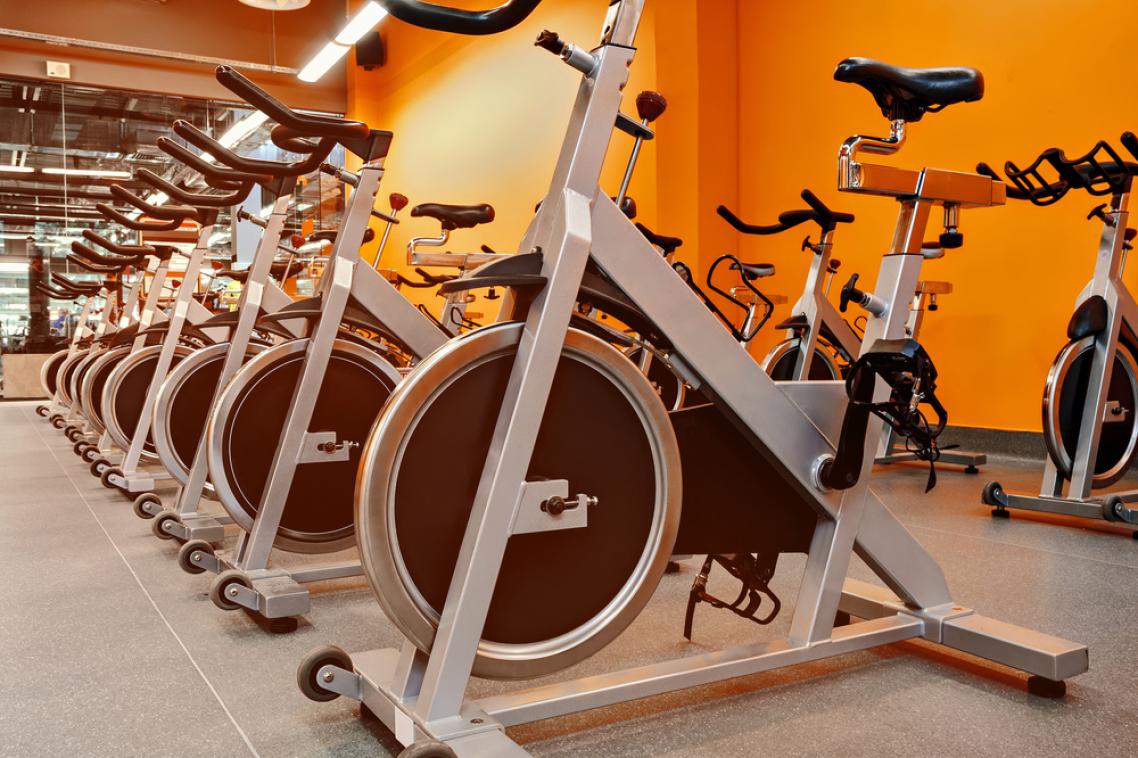Could exercise help you learn new language?

Understanding how exercise affects language learning could help patients with brain conditions such as stroke, Alzheimer’s and Parkinson’s disease.
A trial by University of Queensland researchers will examine the effects of exercise on language learning in healthy older adults.
The study, led by UQ’s School of Health and Rehabilitation Sciences researcher Professor David Copland is looking to recruit 75 participants aged between 60 and 85 years old who have English as their primary language.
“Exercise is known to be important for maintaining and improving cognition in late adulthood,” Professor Copland said.
“We’re interested in working out what types of exercise are best for improving learning.
“By recruiting healthy older adults, our goal is to translate our findings to clinical populations of the same age.
“Understanding how exercise affects language learning could eventually lead to the development of new approaches to improve language re-learning in people with brain conditions such as Parkinson’s disease, Alzheimer’s disease, and following a stroke.”
The study is being conducted at UQ’s St Lucia campus in Brisbane, with participants attending three visits across two weeks.
The sessions will include a cognitive assessment, a fitness assessment, a single bout of either stretching, moderate-intensity cycling or high-intensity cycling, three blood samples, and a short language task.
Each participant will receive a free fitness assessment conducted by an accredited exercise physiologist.
“It’s believed that the body responds to one session of exercise by inducing changes in the blood, changes that are thought to increase the brain’s capacity to learn,” Professor Copland said.
“In order to assess these changes, a certified phlebotomist will take blood samples at different time points.
“After exercising, participants will be asked to complete a task that consists of learning new words.”
Professor Copland’s research team includes Associate Professor Katie McMahon of UQ’s Centre for Advanced Imaging and Professor Jeff Coombes of UQ’s School of Human Movement and Nutrition Sciences, Emory University’s Dr Amy Rodriguez, and the University of Pittsburgh’s Associate Professor Kirk Erickson.
More information is on the Enhancing Language Learning in Ageing with Exercise website.
Media: Professor David Copland, ELLA@cai.uq.edu.au, +61 7 3346 7767; Dani Nash, UQ Communications, dani.nash@uq.edu.au, +61 7 3346 3035.
Topics
Related articles

Australia needs doctors – so why are hundreds of qualified international physicians unable to work?

Greater attention needed on community service workforce
Media contact
UQ Communications
communications@uq.edu.au
+61 429 056 139
